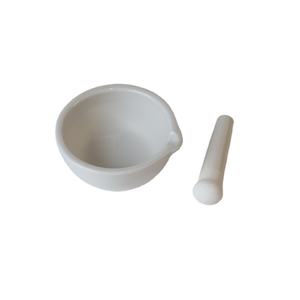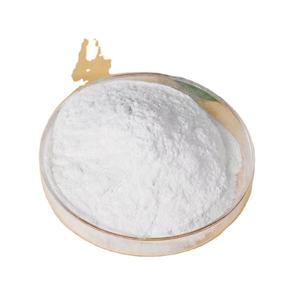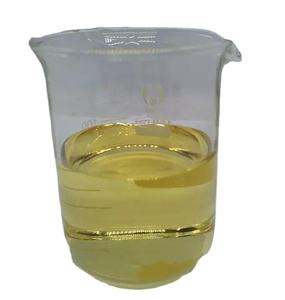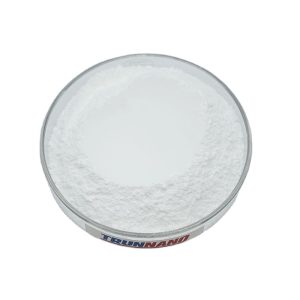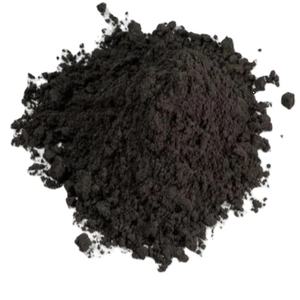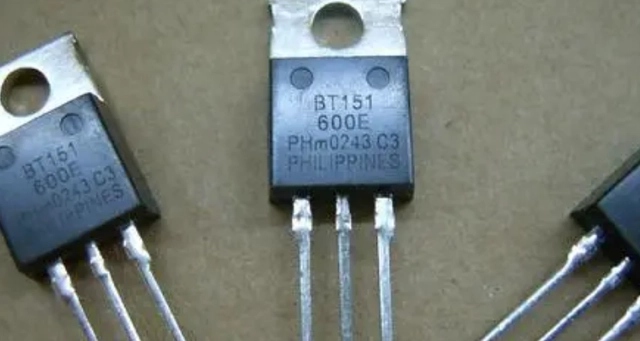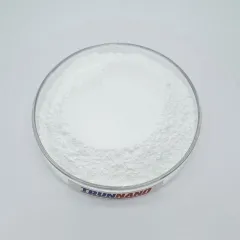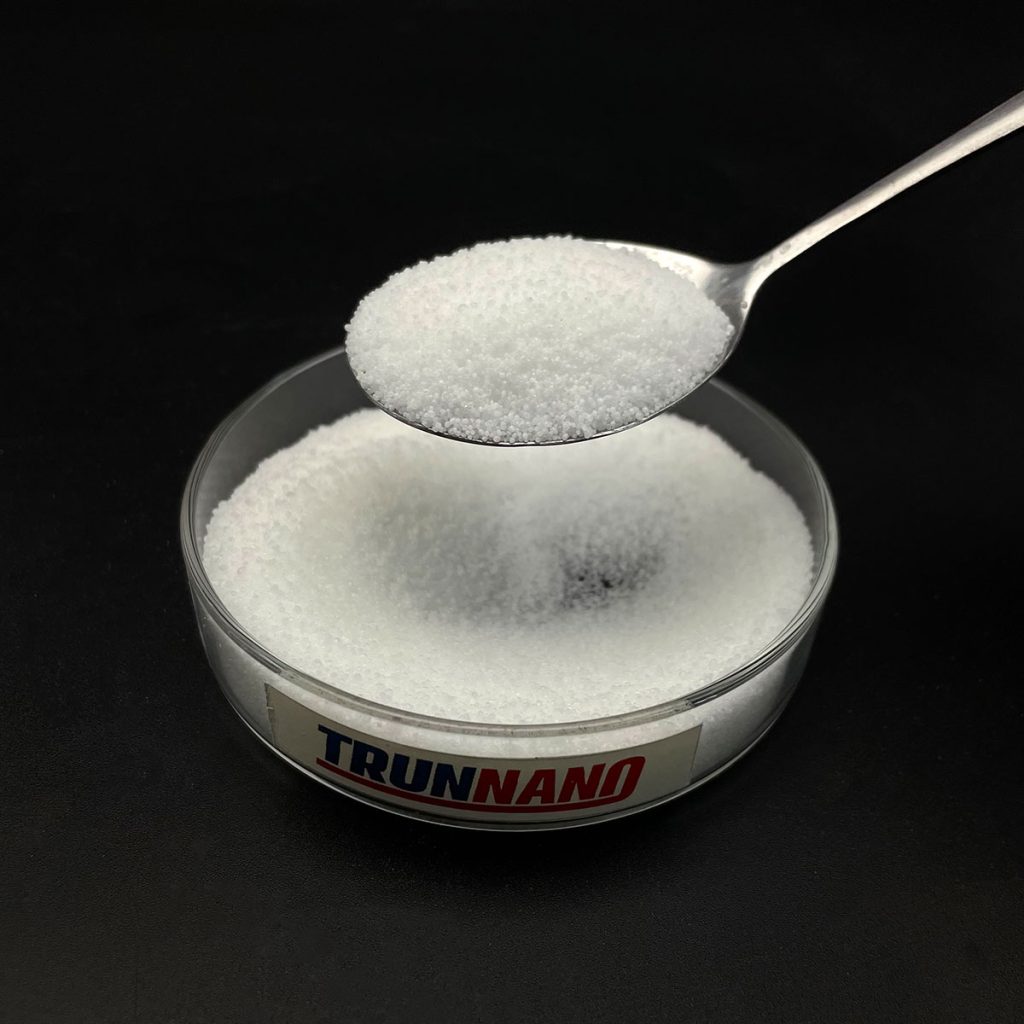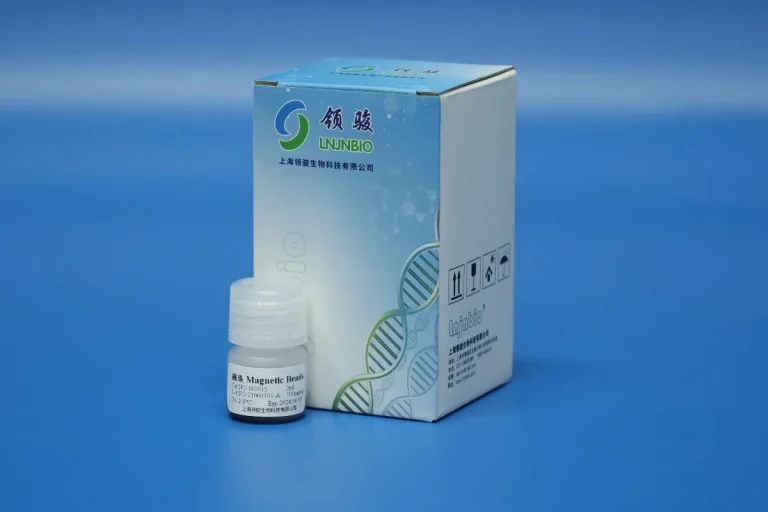Salt Silicate: A Versatile Compound Driving Innovation and Sustainability
Intro and Basic Characteristics
Salt silicate, commonly called water glass, is a multifunctional compound that plays an important role in farming, building materials, commercial handling, and environmental management. As a not natural compound with the chemical formula Na ₂ O · nSiO ₂ (where n normally ranges from 2 to 3), it includes sodium oxide (Na ₂ O) and silicon dioxide (SiO ₂). Sodium silicate shows outstanding water solubility, thermal stability, and chemical stability, preserving performance across different environments. Additionally, it positions marginal environmental injury, as it does not launch dangerous gases or heavy steel ions, straightening with contemporary culture’s environmental management criteria. These buildings make sodium silicate appropriate for usage as adhesives, fireproof layers, cleansing representatives, and water conditioners. Its special chemical framework enhances it with multiple practical characteristics, such as boosting material toughness, enhancing fire resistance, and improving surface area coating quality.
In agriculture, sodium silicate advertises origin growth and photosynthesis effectiveness in plants, enhances plant resilience versus unfavorable problems, reduces chemical usage, and enhances soil structure and fertility, adding to sustainable agricultural techniques. Particularly, salt silicate supplies necessary sodium elements to plants, improves dirt physical buildings, boosts soil permeability and water retention, assisting plant life recuperation and ecosystem restoration. As a result, salt silicate plays an important duty in advertising eco-friendly farming, ensuring greater returns and much better plant quality. Additionally, it effectively avoids parasites and illness, better lowering reliance on chemical pesticides and securing the environment.
(Sodium Silicate)
Development and Optimization of Prep Work Techniques
The preparation strategies for sodium silicate have actually advanced from traditional approaches to advanced synthesis paths. Early techniques mostly included fusion or wet procedures. The blend technique entails blending a specific ratio of salt salts and quartz sand, warming them to high temperatures up until they melt, and then cooling them into strong blocks; the wet procedure includes responses in liquid phase to directly generate salt silicate services. Although these methods are simple, they struggle with high energy usage and inconsistent product top quality. In recent times, researchers have actually created a lot more reliable and eco-friendly prep work approaches. For instance, the alkaline leaching-precipitation technique creates high-purity sodium silicate powders at lower temperatures, decreasing power usage and boosting yield. In addition, research into making use of biomass waste as basic material has actually attained substantial progress, advertising source recycling.
To satisfy expanding market needs, researchers continually discover means to enhance existing manufacturing processes, reduce costs while making sure constant quality. Advanced automation systems and modern technologies now enable massive continual production of salt silicate, significantly promoting its industrial application. This not just enhances production performance yet likewise decreases production costs, making sodium silicate viable for more comprehensive applications. In addition, researchers are frequently improving preparation procedures to attain higher-quality items. By managing response conditions and including proper modifiers, the molecular structure and performance of salt silicate can be adapted to better satisfy the needs of various sectors. With technological advancements and changing societal demands, the prep work strategies for salt silicate will certainly continue to advance in the direction of better effectiveness and ecological friendliness.
(Sodium Silicate)
Comprehensive and Profound Application Impact
Salt silicate locates considerable and extensive applications throughout multiple fields. In farming, it works as an effective fluid plant food, promoting origin development and photosynthesis efficiency, protecting against pests and diseases, improving dirt structure, and enhancing dirt fertility. In building and construction materials, salt silicate significantly improves concrete strength and resilience, prolonging structure life-spans, and is used in specialized building materials like fire-resistant coverings and insulation, improving structure safety and security and energy performance. In industrial applications, sodium silicate works as a flux, strengthener, and mold and mildew launch representative, boosting item top quality and processing performance. In environmental management, sodium silicate shows tremendous possibility for dealing with wastewater by adsorbing hefty metal ions and protecting against secondary contamination; as a soil removal agent, it assists restore contaminated land by improving dirt framework, boosting permeability and water retention, assisting vegetation recovery and ecological community repair.
As a result of its outstanding biodegradability and reduced toxicity, salt silicate is thought about a perfect green chemical product, appealing more comprehensive applications in ecological sectors. Especially, sodium silicate can fix hefty metal ions in wastewater through adsorption, protecting against additional pollution; in soil remediation, it enhances soil structure, enhancing permeability and water retention, assisting vegetation healing and ecosystem repair. Furthermore, sodium silicate radiates in cleansing agents and water softeners. As an all-natural cleaner, salt silicate effectively removes persistent stains like oil and rust without triggering environmental air pollution. In addition, it has excellent water conditioning impacts, binding calcium and magnesium ions in water to avoid scale development and protect pipes and tools from damage. For that reason, in family cleaning items, commercial cleaners, and boiler water treatment, salt silicate is an optimal selection.
(Sodium Silicate)
Attending To Obstacles and Future Directions
Despite substantial success, obstacles stay in lowering production costs, guaranteeing consistent quality, and establishing innovative applications for sodium silicate. Manufacturing costs are still an issue in spite of brand-new techniques considerably lowering power and basic material consumption. Increasing market share needs checking out even more economical manufacturing procedures. Quality control is one more important problem, as different markets have differing demands for sodium silicate quality. Making certain consistent and steady item quality continues to be a crucial challenge. Moreover, with increasing environmental awareness, establishing greener and a lot more environmentally friendly sodium silicate products is an essential future instructions.
Looking in advance, research and development in sodium silicate will certainly focus on boosting production performance, decreasing expenses, and broadening application locations. Researchers are actively exploring new synthesis modern technologies and adjustment techniques to attain exceptional performance and lower-cost items. As ecological concerns expand, researching salt silicate products with greater biodegradability and reduced poisoning will certainly come to be progressively vital. Additionally, the prospective applications of sodium silicate in arising areas like renewable resource and advanced materials hold assurance for brand-new technological developments. On the whole, sodium silicate, as a multifunctional and environmentally friendly compound, has actually already played a considerable duty in several markets. With technological advancements and progressing social demands, the application potential customers of sodium silicate will certainly broaden, contributing more to the lasting growth of different fields.
TRUNNANO is a supplier of Sodium Silicate with over 12 years of experience in nano-building energy conservation and nanotechnology development. It accepts payment via Credit Card, T/T, West Union and Paypal. Trunnano will ship the goods to customers overseas through FedEx, DHL, by air, or by sea. If you want to know more about Potassium SilicateSodium Silicate, please feel free to contact us and send an inquiry(sales5@nanotrun.com).
All articles and pictures are from the Internet. If there are any copyright issues, please contact us in time to delete.
Inquiry us




